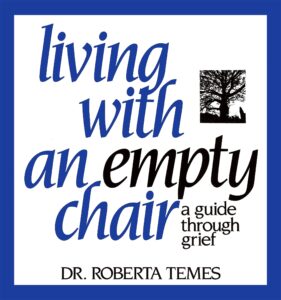
“Translating your feelings into words brings you amazing results. All you need to do is write about important life events. Write with feeling. Write with truth. Write about significant experiences, good and bad, and then write about your emotional responses to those experiences. You will benefit both physically and emotionally; it’s been proven that constructing your story is an exercise in healing. …
“Research tells us that the health benefits of writing about your life may include:
- Improving Your Immune System. Studies have shown that your grades could improve if you are a student; and your number of sick days could be reduced if you are a worker; asthma sufferers have fewer attacks and AIDS patients have higher T-cell counts. These advantages occur as a result of investigating your past and then putting your thoughts into words. Your immune system becomes stronger when unresolved, previously unexplored incidents are revealed.
- Reducing Your Anxiety Levels. When you write, you expose the truth. Telling the truth extinguishes the emotional burden of secrecy; keeping a secret uses up valuable energy. When you put your emotional distress into words it is no longer wandering through your mind causing worry, tension, insomnia, and other disturbances.
- Eliminating Your Obsessions. Obsessions may be caused by unanswered questions. When your mind is busy asking ‘why,’ your focus becomes restricted to that one subject. Structuring past events into a coherent story permits you to manage your feelings about those events and eventually store them away — obsessions will diminish and then disappear. If there are traumas in your past please know that the emotional fallout from trauma is distress and distress can be alleviated by writing about the trauma and about your response to it. When you write, you safely summarize, organize and then explain your past. Forming that narrative calms your complicated sensitive memories.
“It takes a few weeks after writing your story to get the full beneficial effect. Your mind needs time to absorb it all and reconfigure.
“When you decide to write about various events in your life you create wonderful documentation in addition to getting the health benefits. When you release all the thoughts and feelings that are uppermost in your mind you gain clarity and a broader perspective, and possibly a new viewpoint, too.
“If you decide to write your memoir, the world will know what you’ve been through, what you’ve discovered, what you’ve accomplished. That’s terrific. Readers, particularly future generations in your family, will appreciate learning about you. When you examine your past please be open-minded and explore new possibilities and new interpretations.
“When you write, don’t worry about spelling. Don’t worry about sentence structure. Just write. You can always take care of grammar at a later date. Don’t interrupt your free flow of thoughts. Write as if you are the only one who will ever read what you’re writing — that’s how the authentic you emerges. Good luck.